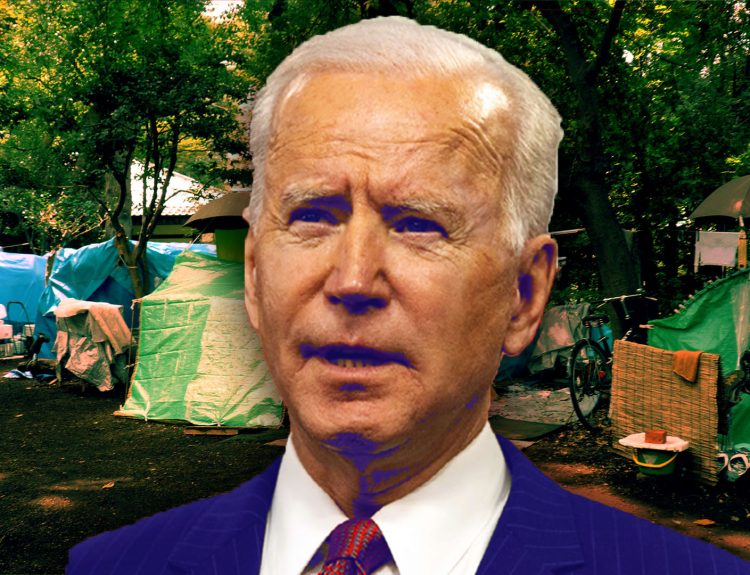Squatters’ rights in New York City have become the topic of much discussion. Dr. Ben Carson, former U.S. Secretary of Housing and Urban Development, was up in arms after hearing about a New York couple who lost their home to squatters. Let’s see what caused this situation.
Couple Buys Home Complete With Squatter
Susana and Joseph Landa spent $2M to buy a lavish home in Douglaston, Queens. Unfortunately, they also got a free squatter that wasn’t part of the deal.
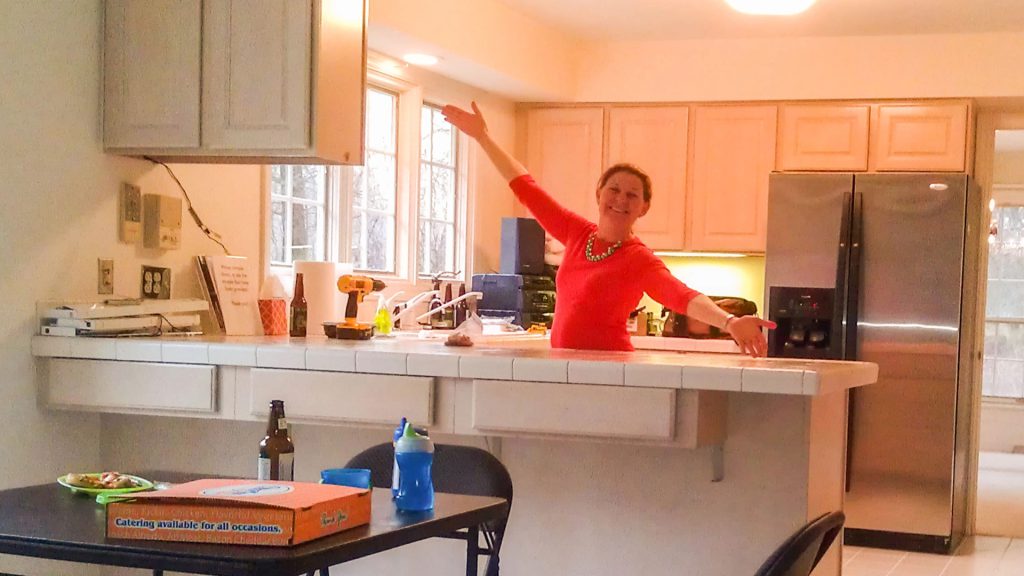
Since the squatter was already living on the property, and New York law makes it nearly impossible to evict the tenant, the couple had no redress when it came to reclaiming the house they bought.
30-Day Law Holds Firm
Under New York City law, if a squatter has occupied a location for thirty days, they qualify as tenants and have protections under the law that renters have. This is terrible news for the Landas.

The Landas’ predicament quickly circulated online and through news outlets, causing outrage. However, this is only the latest incident involving squatters in New York City.
Dr. Ben Carson Wonders If We’ve Lost Our Minds
Speaking with Fox Business, Dr. Caron wondered aloud whether we had collectively lost our minds granting tenant rights to squatters, especially with such a short window for the owners to respond.

He went on to ask how squatters could be granted rights to an owner’s home and pushed the comparison further, asking if we should expect to see trespassers’ rights next in New York City.
Landas Dealing With a Former Caretaker
The Landas are dealing with a former caretaker of the house. Brett Flores claims that the former owner, who passed away, had given him a license to live on the property as a caretaker.

He was paid $3,000 a week for his services and served as the property’s caretaker, dealing with odd jobs on the premises and taking care of the house. However, the Landas want their home back.
Multiple Delays in Court
In New York City, the usual legal proceedings to evict a tenant require the landlords to prove ownership of the property and then take the squatter to court in eviction proceedings.

However, New York City’s court system seems sympathetic to the squatters’ situation. The Landas case will take a while and has already been postponed five times in the last two months.
Flores Living In The Landas’ House For Free
After closing on the property, the Landas have to pay its costs, including the taxes and all the utility charges that Flores is running up. Flores doesn’t pay for anything.
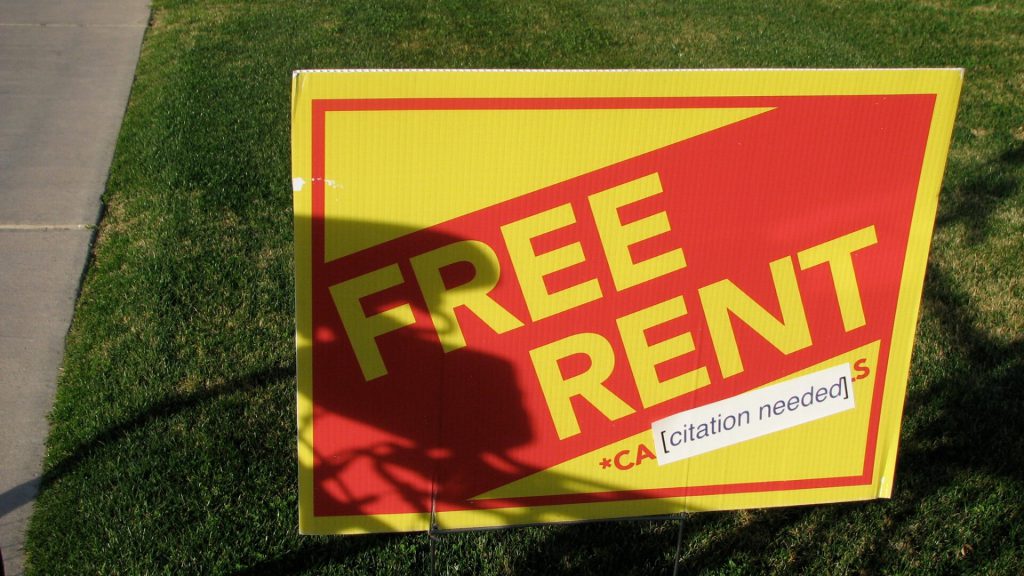
Joseph Landa revealed his frustration about the situation. He asked if the “tenant” isn’t paying rent and has no lease, what right should they have to live on the property?
Owners Without Rights
The Landas are the most recent demonstration of what happens when a city decides they prefer squatters to owners. In several cases, squatters have displaced rightful owners of properties.

Courts are of little help since they are willing to bend backward to accept evidence of occupation over proof of ownership. This attitude makes it unattractive for many to buy property in the city.
Homelessness Rampant and Adding To the Issue
New York City has a high unemployment rate and many homeless people. Because of these factors, many people see squatting as a viable alternative that saves them money.
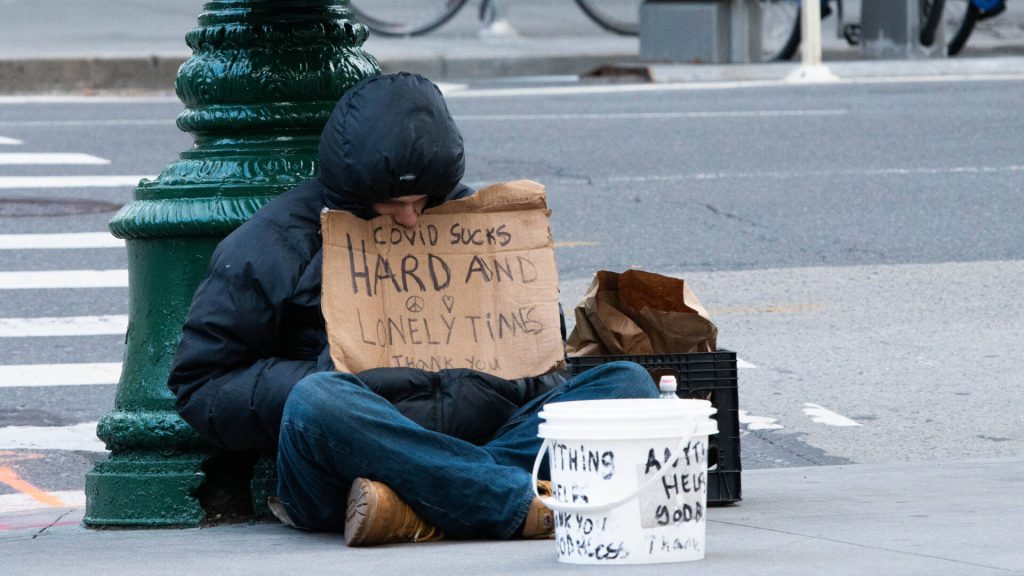
In many other cases, squatters used forged documents and verbal agreements as evidence that they were allowed on the property. The courts had no problem with this approach, leading to even more squatting as a result.
Rewarding Bad Behavior Leads to More Of It
New York City’s courts have allowed squatters to have more rights to the property over owners, and as the courts continue to do so, it sends the message that bad behavior, such as squatting, will be rewarded.
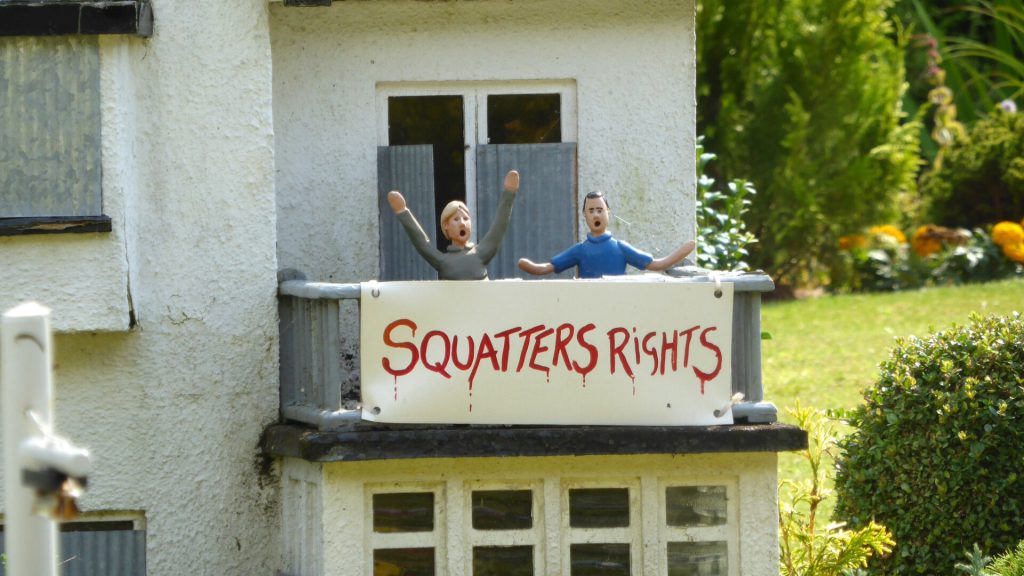
The squatter rights debate has even crossed over into the immigration debate. A recent TikTok viral video told migrants coming into the country how they could gain squatter rights in some states.
Never Meant to Do This
The original legislation that New York City drafted was supposed to protect tenants from being evicted during the COVID-19 crisis if they couldn’t afford to pay rent due to unemployment.

It managed to protect many people during the pandemic when they needed it most. However, it is now a liability for the state.
The Law Was Never Revisited
Unfortunately, the city hasn’t revisited the law after the pandemic ended and it remains a loophole that many people are willing to exploit to live in the city.
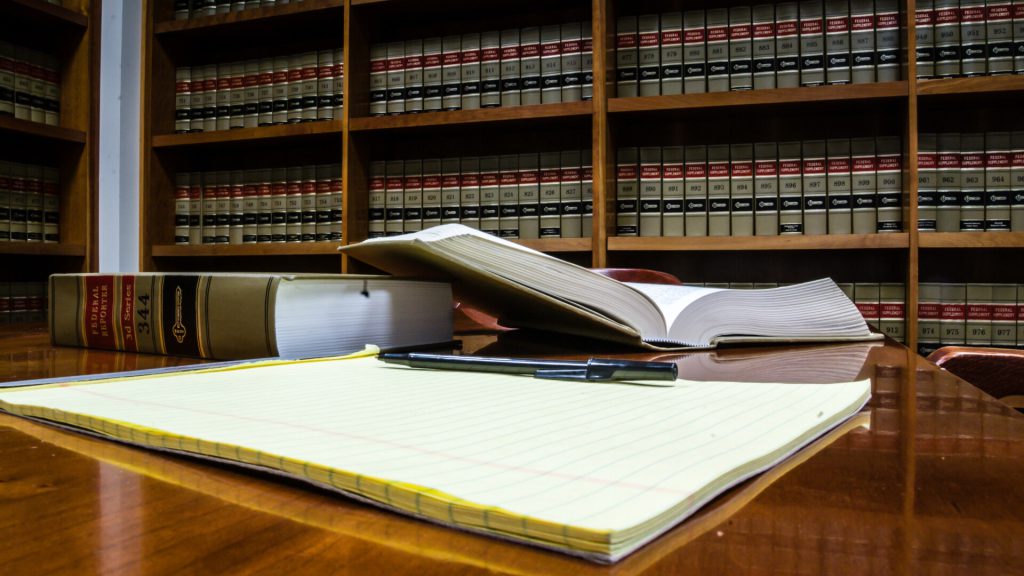
With the cost of living here so high, it’s little wonder. New York City demonstrates one of the highest living costs in the US.
New York State Has a Much Longer Period
Squatters outside the city who want to squat on a parcel of land are required to have lived on the parcel they intend to claim for at least ten years and have improved it in some way.

The city doesn’t require improvement of the parcel, and the 30-day window allows someone to go on vacation and return to having a squatter in their house.
Encouraging Chaos and Anarchy
Dr. Carson slammed New York City for its legislation on squatters and outlined that their approach would simply lead to more people squatting on property within the city.

He argued that the US needed law and that punishing law-abiding citizens would set a dangerous precedent for the city. Such actions could lead to widespread chaos and anarchy.
What Can New York City Do?
The most vital step to restoring law and order to the city is to either revamp the law or close the loophole. This could be as easy as changing the minimum amount of time required for squatters’ rights on a parcel or adding the requirement for improving the property in some way.

Until this gets fixed, squatters will continue to have more rights than owners, making it less viable for owners to purchase property in the city. In an undesirable property market, no one wins.






